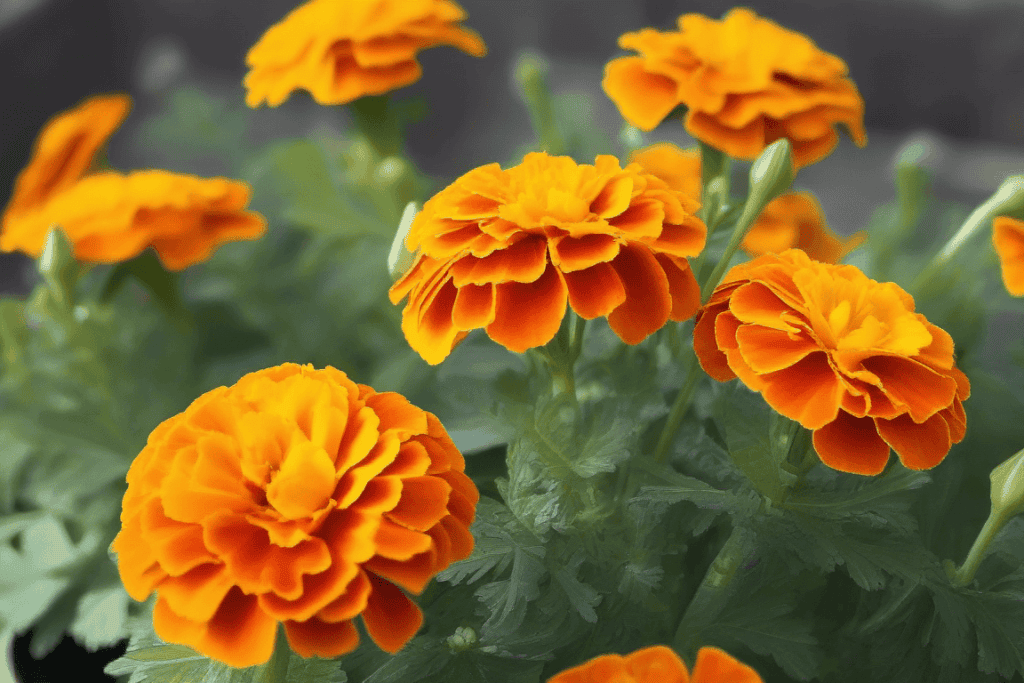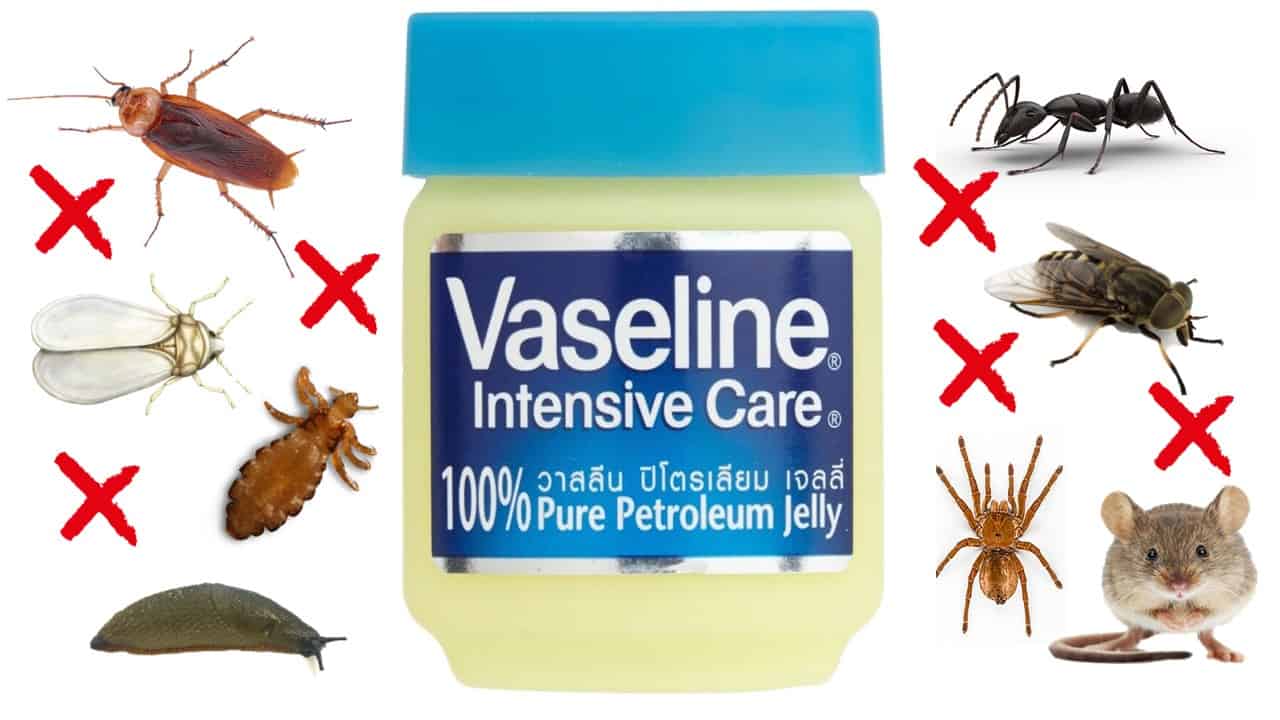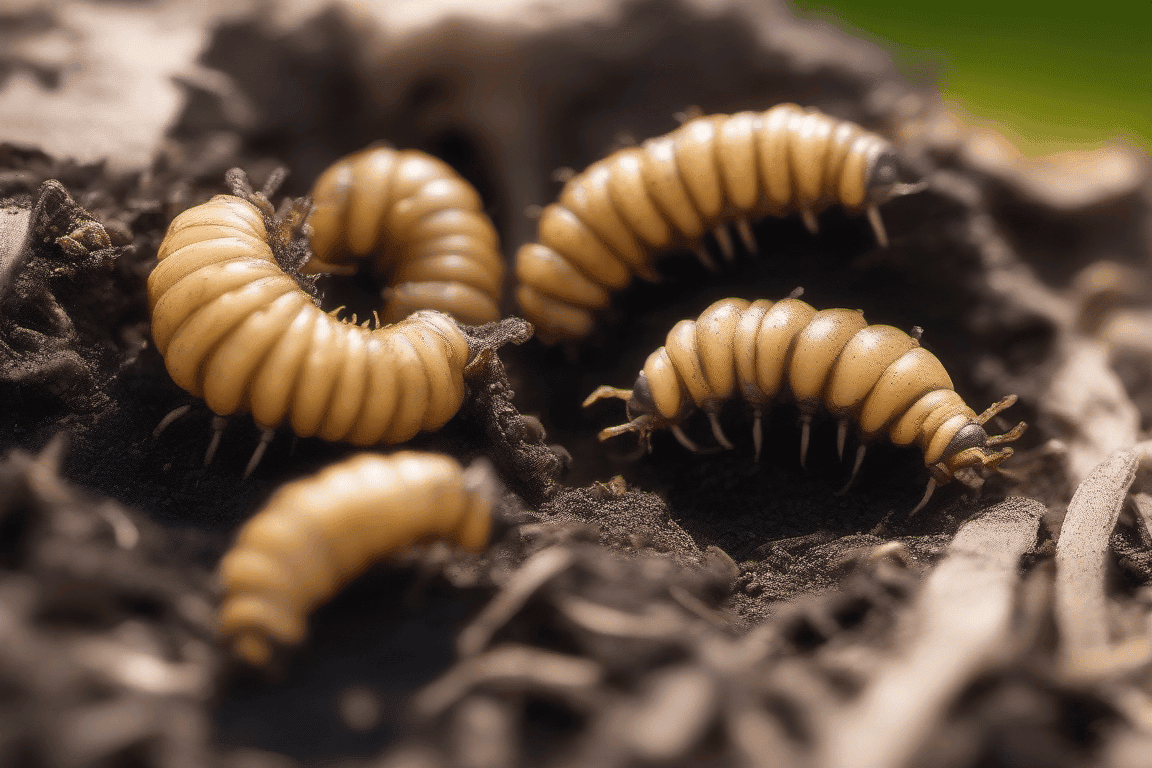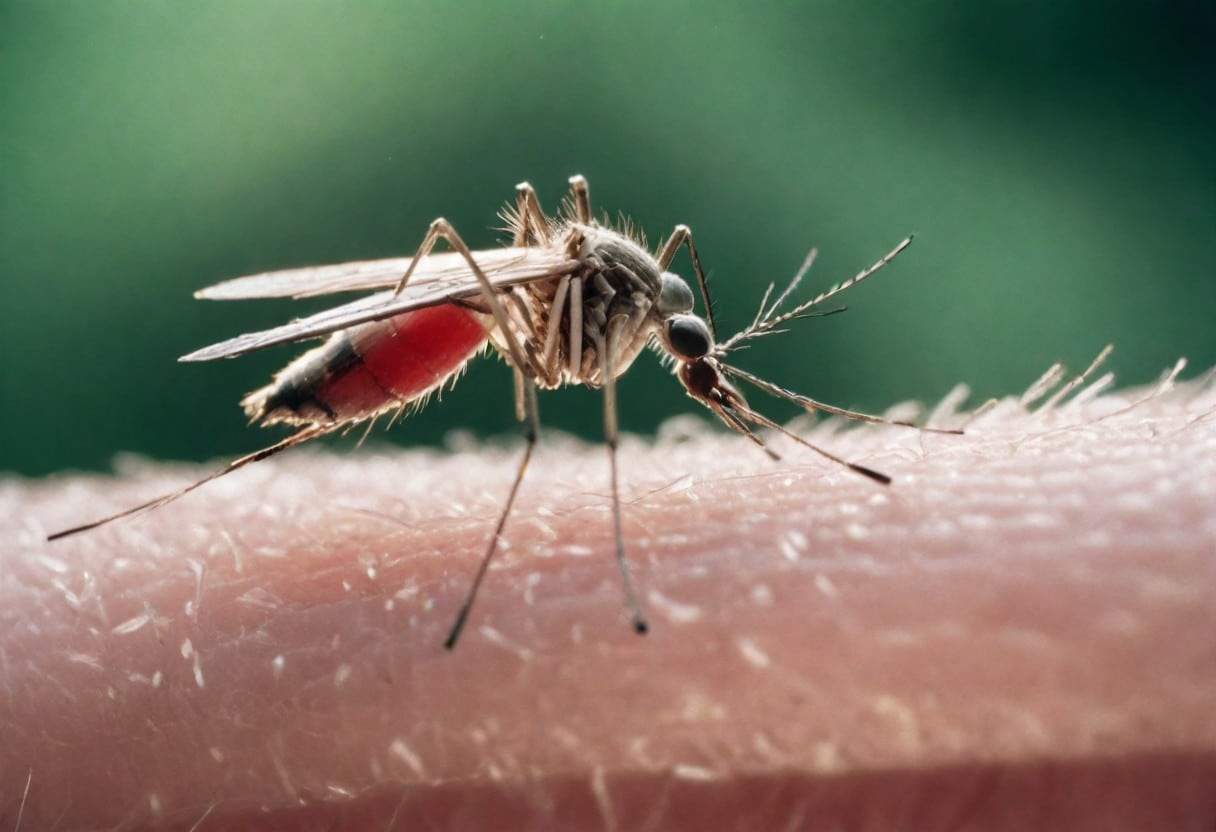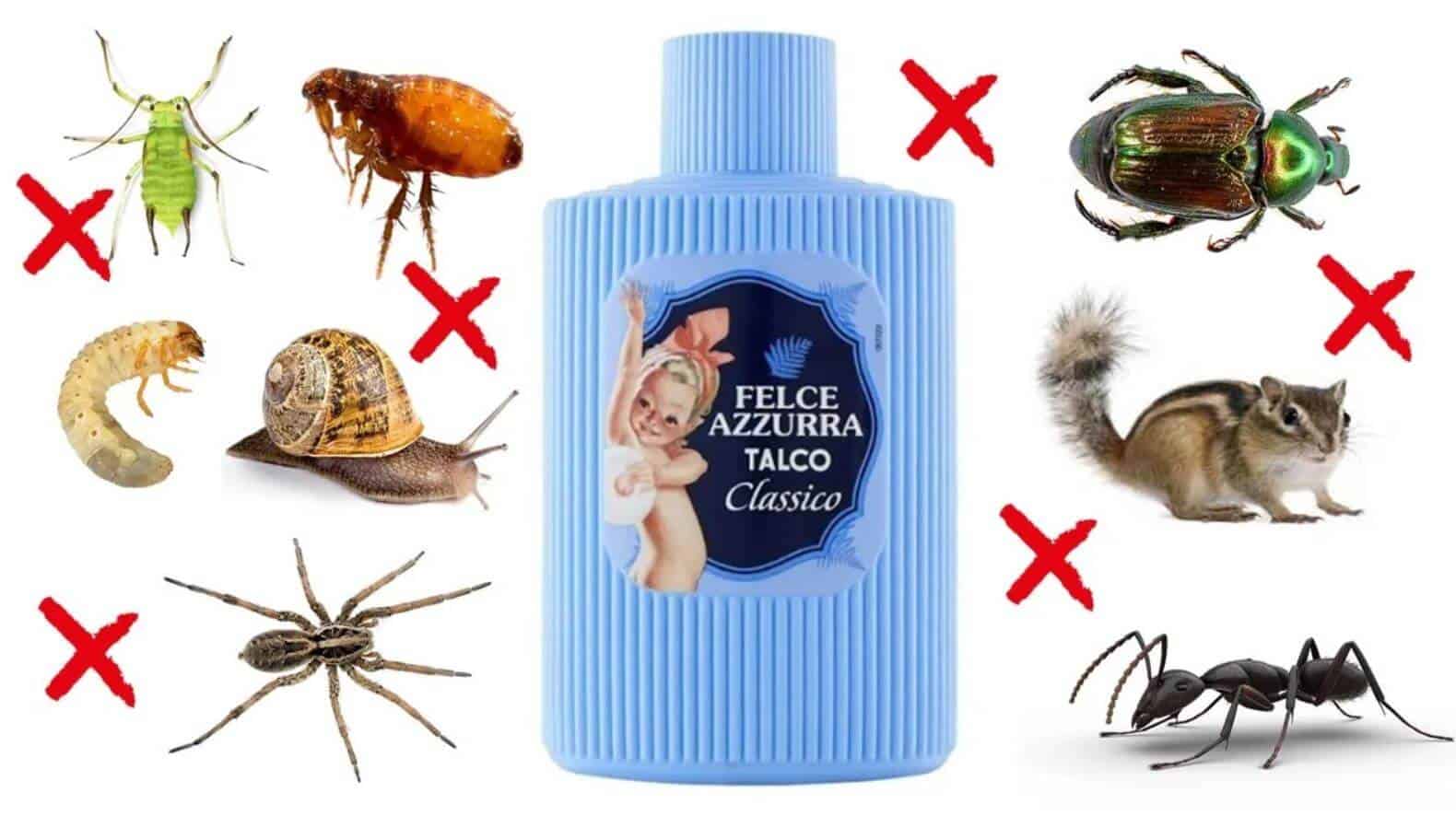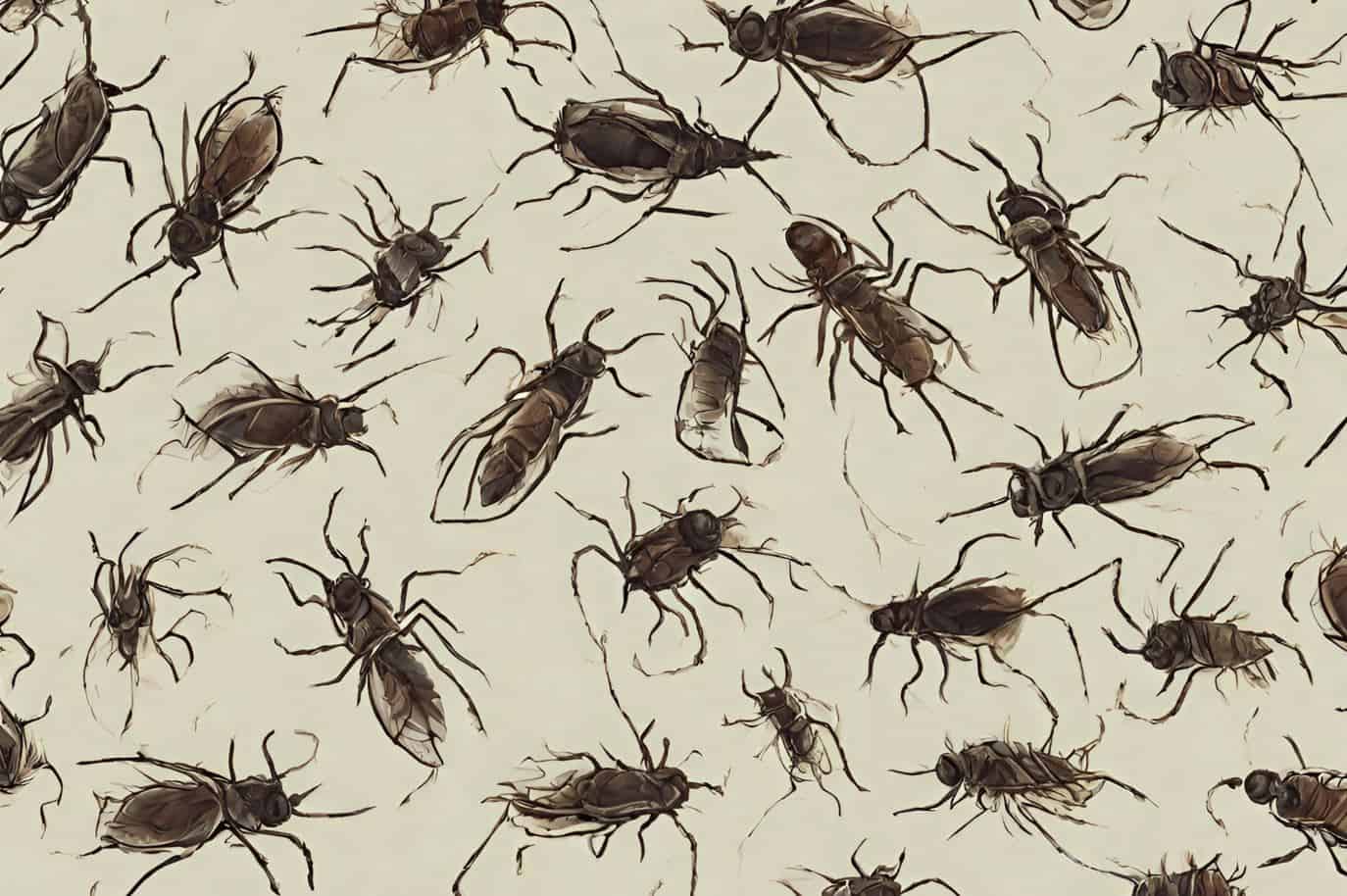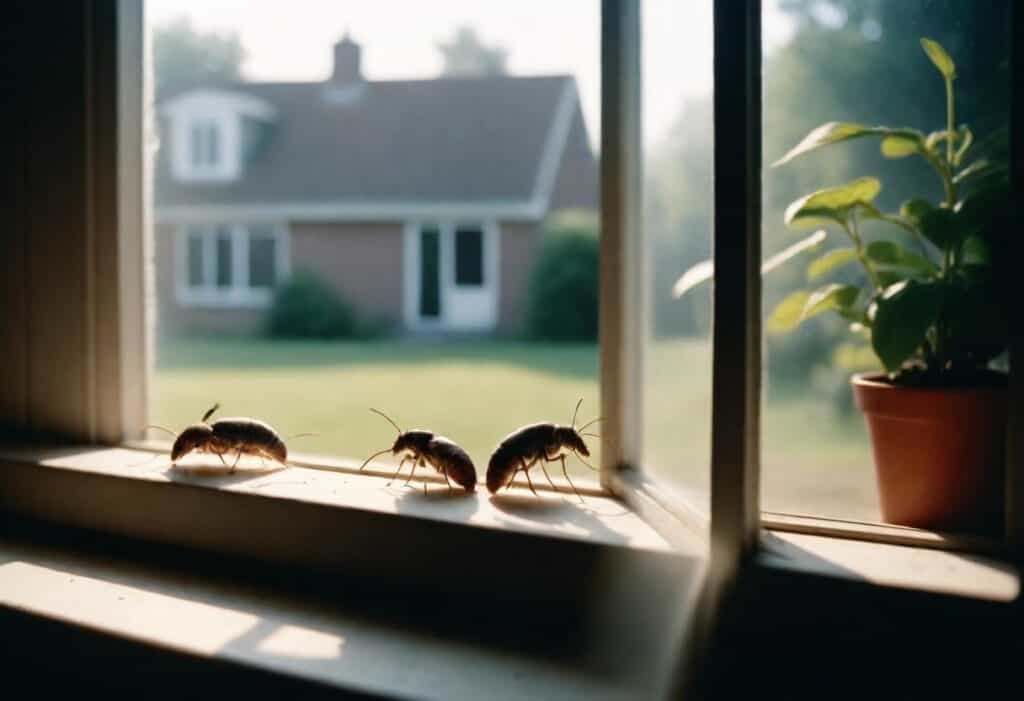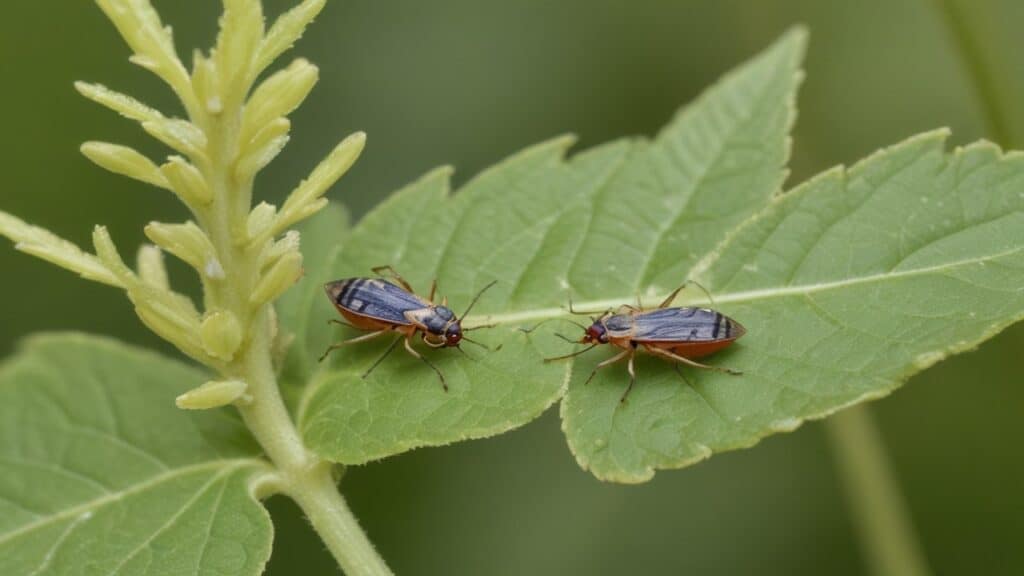Are pesky critters ruining your garden vibes, and you’re tired of hosting these uninvited guests? Fear not, because the marigold plant is here to save the day!
This eye-opening article will reveal seven pests that can’t stand being around these golden beauties, from aphids to nematodes.
Get ready to discover a natural and vibrant solution to keep those unwanted guests at bay. Don’t miss out on this blooming brilliant insight into natural pest control.
Stay with us and allow those marigolds to work their magic!
What are Marigolds?
Marigolds are famous for their vibrant and eye-catching appearance, with flowers ranging from bright yellow and orange to deep red and maroon.
Their delicate petals form rounded blooms that can vary in size, typically ranging from 2 to 4 inches in diameter.
The marigold plant’s leaves are dark green and finely divided, emitting a distinctive pungent smell often associated with their pest-repelling properties.
In addition to their dazzling appearance, marigolds possess unique physical characteristics that make them stand out in any garden setting.
These hardy annuals can grow anywhere from 6 inches to 3 feet tall. With their bushy foliage and compact growth habit, marigolds create an attractive border or mass planting in ornamental gardens and vegetable patches.
Despite their relatively small stature, marigold flowers are incredibly durable and long-lasting, making them a popular choice for adding color and vibrancy to any outdoor space throughout the growing season.
So, What are the pests that can’t stand marigold plants?
1. Nematodes
Nematodes are microscopic worm-like organisms that can wreak havoc on plant roots, and they have a strong aversion to marigolds.
The reason behind this fascinating phenomenon lies in the compounds released by marigold roots, which exude certain chemicals known as thiophenes.
These compounds are toxic to nematodes and act as natural nematicides, repelling these unwanted pests from the vicinity of marigold plants.
Research also shows that marigolds release allelochemicals into the soil, interfering with nematode reproduction and disrupting their life cycle.
Not only does this process deter nematodes from infesting nearby plants, but it also reduces their population in the soil over time.
It’s a testament to nature’s intricate mechanisms for pest management and highlights the valuable role that marigolds play in organic gardening practices.
Next time you plan your garden layout, consider incorporating marigolds for their vibrant blooms and remarkable ability to fend off nematodes naturally.
Harnessing these natural defences enables gardeners to reduce the need for chemical interventions and create a harmonious ecosystem within their gardens.
2. Whiteflies
It may come as a surprise to many, but whiteflies have an aversion to marigolds.
This aversion goes beyond just their strong scent. Recent studies reveal that marigold plants emit thiophenes, chemical compounds that whiteflies hate.
These compounds are natural insecticides, disrupting whiteflies’ hormonal balance and behavior when they come into contact with them. In addition to their chemical defences, marigolds possess physical attributes that deter whiteflies.
The dense and aromatic foliage of marigolds masks the presence of neighbouring host plants and creates a barrier that confuses and disrupts the navigation abilities of whiteflies.
This combination of chemical and physical defences makes marigolds highly effective at repelling these troublesome pests, offering a sustainable and environmentally friendly alternative to synthetic pesticides.
3. Aphids
Aphids are tiny, soft-bodied pests that can harm your garden vegetables and are a perennial nuisance for many gardeners.
These minuscule insects have a voracious appetite for plant sap and can quickly multiply, causing damage to leaves and flowers.
However, a fascinating aspect of aphids is their symbiotic relationship with ants. Ants are known to farm aphids, protecting them from predators in exchange for the honeydew they produce.
This mutualistic relationship adds another complexity to managing aphid infestations in the garden. Interestingly, some marigold species repel aphids due to their strong scent and natural compounds that deter these pesky insects.
Marigolds also attract beneficial insects, such as ladybugs and hoverflies, which feed on aphids and help control their population.
These qualities make marigolds aesthetically pleasing and an effective ally in combating aphid infestations in the garden.
So next time you spot aphids wreaking havoc on your plants, consider planting some marigolds as a natural pest management strategy.
4. Mosquitoes
Mosquitoes are tiny but notorious pests.
They are incredibly adept at ruining outdoor activities with constant buzzing and itchy bites. But beyond being a nuisance, these creatures also pose serious health risks by spreading diseases such as malaria, dengue fever, and Zika virus.
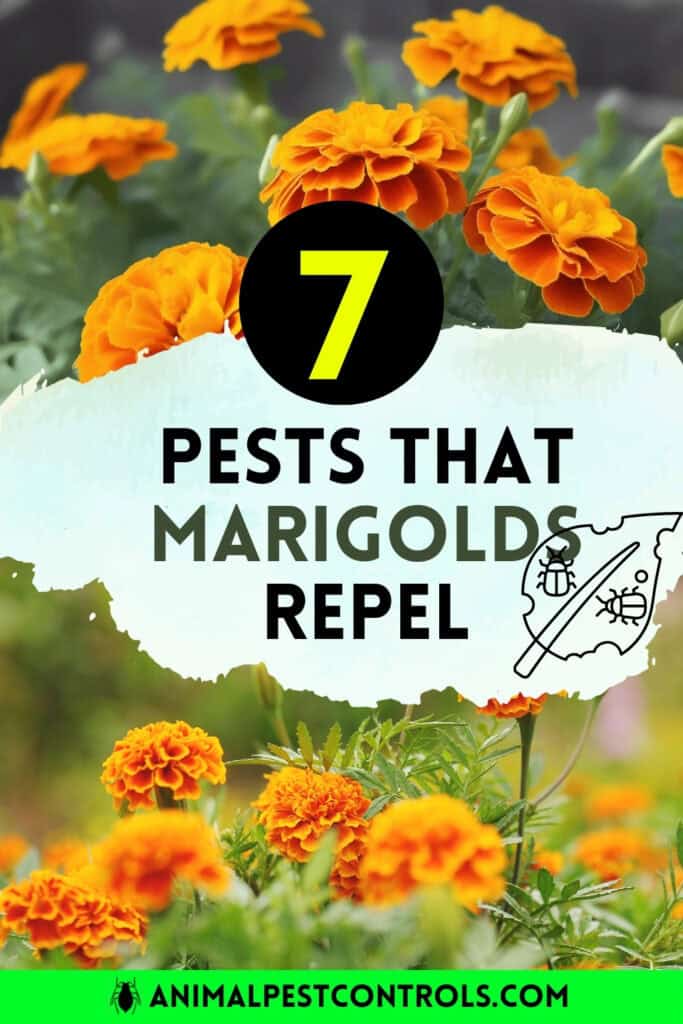
While many people may view mosquitoes simply as an annoyance, it’s imperative to recognize the significant impact they can have on public health.
Meanwhile, these insects detest marigold plants. The secret lies in the natural compounds these vibrant flowers produce, including pyrethrin, a powerful insect repellent.
This substance disrupts the nervous system of mosquitoes, deterring them from entering the vicinity of marigolds.
In addition, the marigolds’ scent poses a challenge for mosquitoes as they rely heavily on their sense of smell to navigate. For these relentless blood-sucking insects, the presence of marigolds is simply unbearable.
Marigolds also release allelochemicals into the soil, impeding mosquito larvae development in standing water nearby. These chemicals hinder the growth and survival of mosquito larvae, adding another layer of defense against these pests.
This multi-faceted approach makes marigolds a formidable opponent for mosquitoes and offers an eco-friendly alternative to chemical sprays or repellents.
5. Tomato hornworms
Tomato hornworms are large green caterpillars that feed on tomatoes and hate marigolds.
This fascinating phenomenon is due to the naturally occurring compounds in marigolds that repel these destructive insects.
One such compound is limonene, which gives marigolds their citrusy scent and is a natural insect repellent. This scent disrupts the hormonal system of tomato hornworms, making them unable to tolerate being around marigold plants.
In addition to limonene, marigolds contain pyrethrum, another powerful insect-repelling compound.
Pyrethrum has been used for centuries as an effective and non-toxic insecticide, making it a valuable asset in deterring pests like tomato hornworms from invading your garden.
These natural compounds create a highly unpleasant environment for tomato hornworms, discouraging them from infesting your precious tomato plants.
So, planting marigolds near your tomatoes can harness the power of nature to protect your garden from these pesky pests while adding vibrant color and beauty to your outdoor space.
6. Cabbage worms
Cabbage worms are larvae of white butterflies. They are a common pest for many gardeners, causing damage to cabbage family crops like broccoli, cauliflower, and kale.
So, what makes marigolds so effective at repelling these pesky insects? Limonene is a natural chemical compound in marigolds that has insect-repelling properties.
Marigolds release this compound into the air and soil around them, creating an intolerable environment for cabbage worms. Besides, marigold roots release alpha-terthienyl, deterring these worms and other pests in the ground.
This diverse arsenal of natural defenses makes marigolds visually appealing in the garden and highly effective at protecting neighboring plants from harmful insects and soil-borne pests.
The ability of marigolds to naturally repel cabbage worms adds a layer to their role in sustainable gardening practices and organic pest management.
7. Bean beetles
Bean beetles, AKA Mexican bean beetles, avoid marigolds due to their chemical compounds. Research shows that planting marigolds alongside bean plants can reduce bean beetles significantly.
This phenomenon results from the allelopathic nature of marigolds, implying that they release chemicals into the soil that inhibit the growth and development of neighboring plants’ pests like bean beetles.
Marigolds produce root exudates with limonene and alpha-terthienyl, toxic substances to many insect pests, including bean beetles.
These compounds emit a strong odor that repels bean beetles and disrupts their feeding patterns, making marigolds an effective natural deterrent for protecting nearby crops, such as beans.
In addition to their repellent qualities, marigolds add vibrancy and aesthetic appeal to garden landscapes while providing a natural solution for pest control—an ideal combination for eco-conscious gardeners seeking sustainable pest management strategies.
conclusion
Not only are marigolds beautiful flowers to brighten up your garden, but they are also effective natural pest repellents.
From mosquitoes to nematodes, marigolds have proven their ability to keep unwanted pests at bay with their vibrant blooms and strong scent.
You can create a natural barrier against several common pests by incorporating marigolds into your garden, reducing the need for harmful chemical pesticides.
So, next time you plan your garden, consider adding marigolds for their visual appeal and remarkable pest-repelling qualities. Your plants – and perhaps even your neighbors – will thank you!

